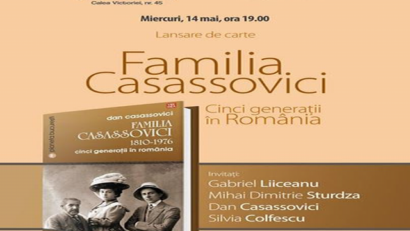
In the early 19th century, the Romanian Principalities underwent a modernization process, which paved the way for the emergence of new social...

This month the facility celebrates 42 years of existence.
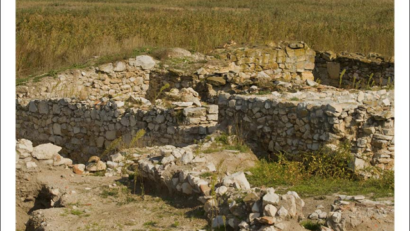
The area stretching between the Danube Delta and Vama Veche, on the Romanian Black Sea Coast, was once full of Greek settlements and fortresses.
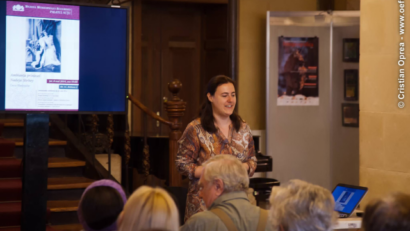
While not in the spotlight, the life of Romanian grand bourgeoisie women in the first half of the 20th century is no less interesting, quite the contrary. At the heart of family life, they were often the driving engine of an active artistic environment an
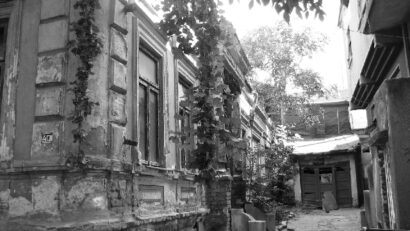
A look at the first documented evidence of the Jewish districts in Bucharest.
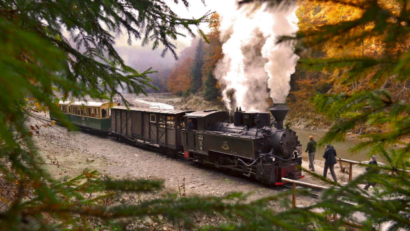
Despite strong competition from cars and planes, the train remains a popular form of transport, with its own special charm. The narrow gauge railways with their industrial trains, today no longer used, remind us of the crafts and occupations of the past.

April 10 marked 100 years from the birth of poetess Maria Banus, a politically controversial writer, but whose talent is appreciated by the public and critics alike.

The early days of the Olympic idea in Romania.
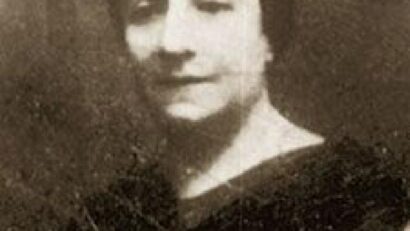
The profile of one of Romania's prominent feminist activists.
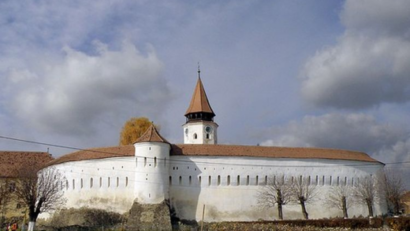
Prejmer Fortress, or Tartlau as it is known in German, is located in the village with the same name, 18 km north west of Brasov, in central Romania.
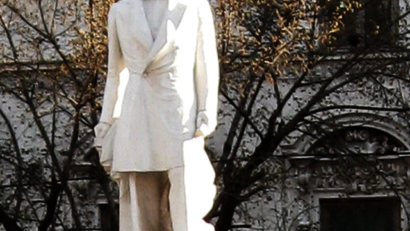
A profile of scholar, academic and politician Spiru Haret.

There are four statues in front of the University of Bucharest building in downtown Bucharest, one of them a bust of Spiru Haret. He was what we...
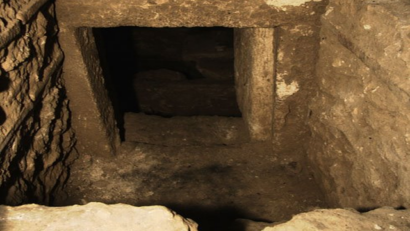
Discovered by accident in 1988, this burial site dating from the 5th c. AD features some unique mural paintings.

The Elie Wiesel International Commission for the Study of the Holocaust in Romania has included in its latest report the deportation of the Romania to Transdniestr, as part of the Antonescu regime's ethnic cleansing plan.
